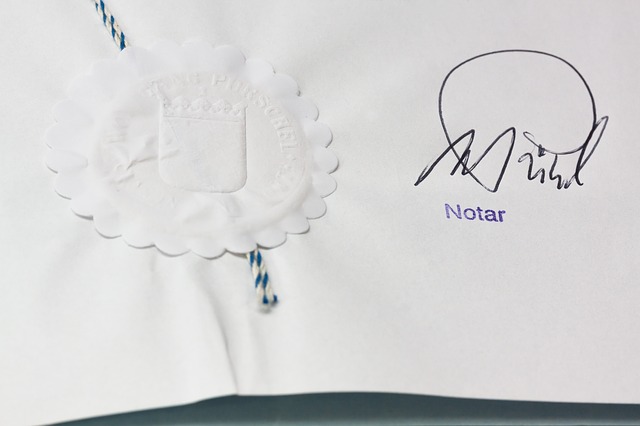The around 1,250,000 documents issued in Spain in 2017 are a good example of the importance of the figure of the power of attorney in the national legal system, housing a varied typology.
Within Civil Law, it is frequent, by necessity, the action of an individual or a society as attorneys of a third party.
The purpose of this substitution is to give legal validity to the signature of the person who assumes that legal representation.
In this post we proceed to explain the fundamentals and types of this model document, what are the requirements that must be taken into account who is prepared to grant it and how much a power of attorney
costs,
as a medium term.
What is a power of attorney?
A power of attorney means a document issued by a public notary to a natural or legal person called a power of attorney.
The basis of its existence is to enable it to act as the legal representative of another in the context of the production of legal acts.
To do this, it will be sufficient to show said document to whoever requires the rubric of the owner of the right or the obligation that is third.
Requirements of a power of attorney and its main characteristics
As a noteworthy fact, the power to grant a power of attorney can fall on any citizen of legal age who proves the integrity of their mental faculties. By way of identification before the notary, the presentation ofthe DNI is enough.
The so-called power of attorney has the full freedom to revoke the decision when he deems it appropriate.
To materialize the revocation,which does not have to be subject to argumentation of any kind, it will require the representative to return the authorized copy.
In principle, it is usual for this return to be accepted voluntarily. But, for those cases in which the representative raises objections,the recourse to grant a deed of revocationis foreseen, which will be notified to the representative by a notary.
Characteristics of the power of attorney
Among the characteristics of the power of attorney, its unilateralitystands out, that is, the fact of not requiring authorization or physical presence of the receiver in the notarial dependencies. Only the participation of the person who grants it is required.
Another relevant aspect, the result of technological advances, is that notaries have their electronic signature recognized among them. This circumstance allows the immediate telematic transmission of authorized copies between notaries and dispense with the paper format.
It is also interesting to tell you that, if you obtain a power of attorney signed by a Spanish notary, it displays full international legal effectiveness by virtue of the so-called Apostille of The Hague.
This, based on an agreement signed by several States in that Dutch city, attests to the authenticity of public documents issued in Spain.
How to get a power of attorney?
Obtaining this document does not only fall within the competence of the public notary public.
The legal system also provides for two other options:
- Apud acta: by appearing before the court clerk of the court or tribunal that sees the case for which it is requested.
- Ex officio: possibility provided for cases of free legal aid.
How much does a power of attorney cost?
If a procedure for obtaining power of attorney is initiated as a grantor, the fees associated with its processing must be paid.
Its amount is not fixed and depends on each notary and the type of power of attorney in question. Its price ranges between 60 and 100 euros.
Types of Powers of Attorney

As the professionals of the public faith have been pronouncing, there are as many as there are documented legal acts.
However, for practical and almost academic purposes, the types of powers of attorney can be grouped into two large blocks:
1. General powers
They grant greater leeway to their receiver. This includes powers of greater scope and has special prominence the so-called power of attorney for lawsuits.
This is the type by which a prosecutor is empowered to make an appearance at a trial on behalf of a third party.
Having a power of attorney for lawsuits is an essential requirement to participate as an interested party in any judicial process, regardless of whether it is done as a plaintiff or defendant.
2. Special Powers
They are the ones that empower the agent to develop in a specific situation,such as a real estate transaction or acceptance of inheritance.
However, the granting of powers of attorney transcends the world of judicial proceedings. Not surprisingly, he is a highly recurrent figure from a practical point of view.
There are many cases in which the need to use it as a proxy or grantor is likely to arise:
- Request the practice of a record of presence.
- Declaration of heirs.
- Request a copy of a notarial document initialed in the past.
- Appear at the Civil or Property Registry to request certificates.
Once you know all the details surrounding the powers of attorney, we advise you to contact AYCE Laborytax, so that we can help you throughout the process.
That way, you will receive the right advice on which type is most related to your interests.








